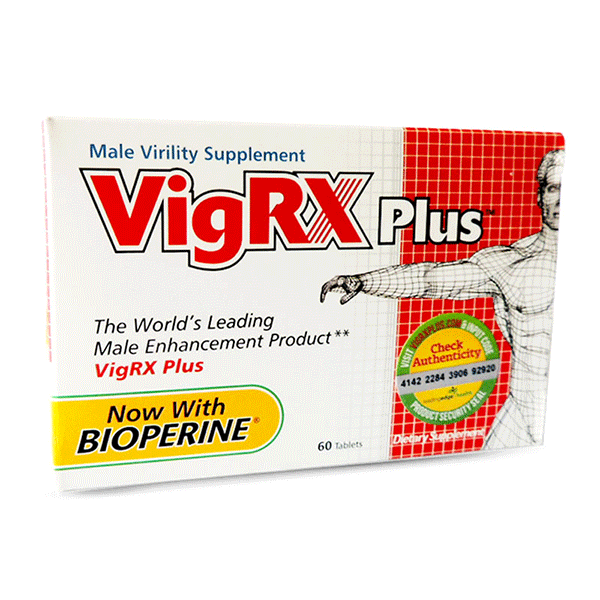Penis-enlargement products: Do they work? from freeamfva's blog
Penis-enlargement products: Do they work?
Ads for penis-enlargement products and procedures are everywhere. A vast number of pumps, pills, weights, exercises and surgeries claim to increase the length and width of your penis.To get more news about buy vigrx oil, you can visit vigrxplus-original.com official website.
However, there's little scientific support for nonsurgical methods to enlarge the penis. And no trusted medical organization endorses penis surgery for purely cosmetic reasons.
Most of the techniques you see advertised don't work. And some can damage your penis. Think twice before trying any of them.
 Penis size: What's normal, what's not?
The fear that your penis looks too small or is too small to satisfy your partner during sex is common. But most men who think their penises are too small actually have penises that are considered typical size.
Similarly, many men have an exaggerated idea of what is considered a "typical" penis size.
The length of a non-erect penis doesn't consistently predict length when the penis is erect. If your penis is about 5 inches (13 cm) or longer when erect, it's of typical size.
A penis is considered small only if it measures less than 3 inches (about 7.5 centimeters) when erect. This is a condition called micropenis.
How partners view penis size
Advertisers would have you believe that your partner cares deeply about penis size. If you're concerned, talk to your partner.
Understanding your partner's needs and desires is more likely to improve your sexual relationship than changing the size of your penis.
Don't believe the hype
Companies offer many types of nonsurgical penis-enlargement treatments. They often promote them with serious-looking ads that include support from "scientific" researchers.
If you look closely, you'll see that claims of how safe they are and how well they work haven't been proved. And these products may have potentially dangerous ingredients not listed on the label.
Marketers rely on ads with people who recommend the product. Marketers may also use data that's not accurate and questionable before-and-after photos. Dietary supplements don't require approval by the U.S. Food and Drug Administration. So manufacturers don't have to prove how safe a product is or that it works.
Penis size: What's normal, what's not?
The fear that your penis looks too small or is too small to satisfy your partner during sex is common. But most men who think their penises are too small actually have penises that are considered typical size.
Similarly, many men have an exaggerated idea of what is considered a "typical" penis size.
The length of a non-erect penis doesn't consistently predict length when the penis is erect. If your penis is about 5 inches (13 cm) or longer when erect, it's of typical size.
A penis is considered small only if it measures less than 3 inches (about 7.5 centimeters) when erect. This is a condition called micropenis.
How partners view penis size
Advertisers would have you believe that your partner cares deeply about penis size. If you're concerned, talk to your partner.
Understanding your partner's needs and desires is more likely to improve your sexual relationship than changing the size of your penis.
Don't believe the hype
Companies offer many types of nonsurgical penis-enlargement treatments. They often promote them with serious-looking ads that include support from "scientific" researchers.
If you look closely, you'll see that claims of how safe they are and how well they work haven't been proved. And these products may have potentially dangerous ingredients not listed on the label.
Marketers rely on ads with people who recommend the product. Marketers may also use data that's not accurate and questionable before-and-after photos. Dietary supplements don't require approval by the U.S. Food and Drug Administration. So manufacturers don't have to prove how safe a product is or that it works.
Post
| By | freeamfva |
| Added | Jul 31 '23 |
Tags
Rate
Archives
- All
- March 2025
- February 2025
- January 2025
- December 2024
- November 2024
- October 2024
- September 2024
- August 2024
- July 2024
- June 2024
- May 2024
- April 2024
- March 2024
- February 2024
- January 2024
- December 2023
- November 2023
- October 2023
- September 2023
- August 2023
- July 2023
- June 2023
- May 2023
- April 2023
- March 2023
- February 2023
- January 2023
- December 2022
- November 2022
- October 2022
- September 2022
- August 2022
- July 2022
- June 2022
- May 2022
- April 2022
- March 2022
- February 2022
- January 2022
- December 2021
- November 2021
- October 2021
- September 2021
- August 2021
- July 2021
- June 2021
- May 2021
The Wall